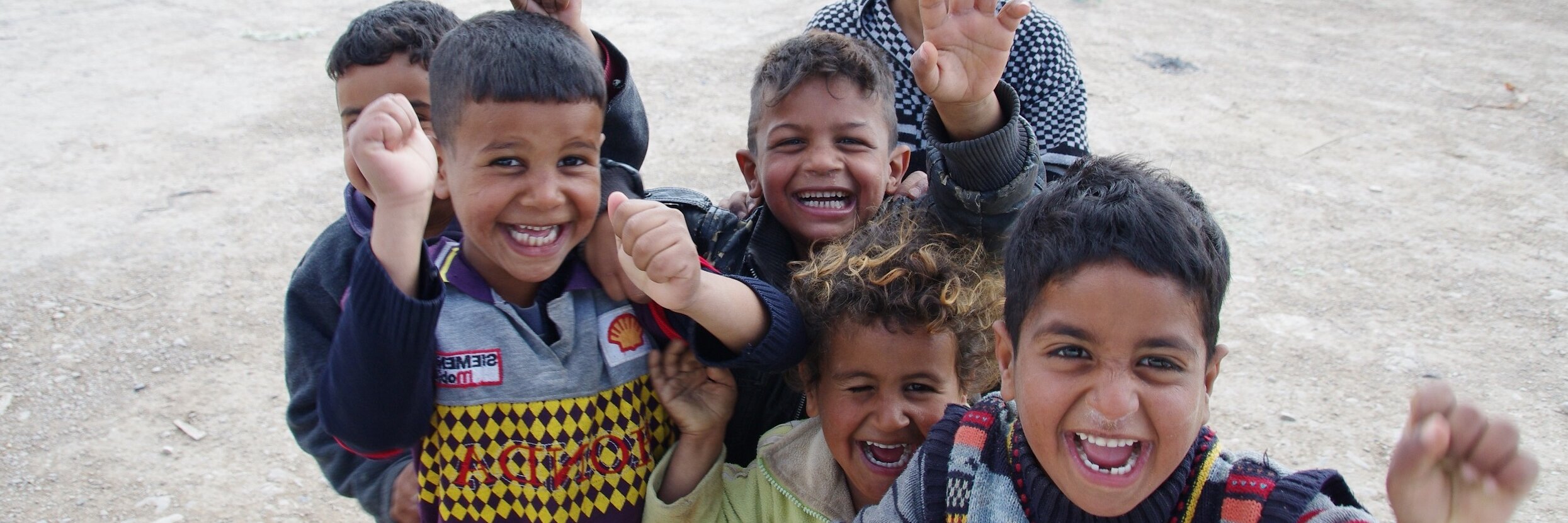International Assistance in Iraq
Why we are on site
The conflict between the state security forces and the Islamic State (IS) reached its peak in 2017. Years later, the effects are still being felt in Iraq. Ethnic and social tensions, an insecure political situation and natural disasters all contribute to a deteriorating humanitarian situation for the population. The armed conflict led to many fleeing people. More than 7 million people live in Baghdad, the vast majority of whom are affected by traumatic experiences, among them many returnees and internally displaced persons. Iraq hosts nearly 260,000 Syrian refugees, the vast majority of whom are based in the Kurdistan Region.
What we achieve together with our partner organisations
Johanniter International Assistance has been active in Iraq since 2017 through partner organisations to provide the population with access to basic health services. Our focus also lies on reintegration. Of the 6.1 million people who were displaced between 2014 and 2017 approximately 4.9 million have returned to their home districts. For many returnees, a lack of social and medical services makes it difficult to regain a foothold. Around 961,000 people have acute needs, with closely interlinked barriers against attaining stability in their lives. To facilitate this, we took steps to help returnees, internally displaced Persons and host communities and accompany them, especially regarding medical and mental health issues.
Our projects in Iraq
-
Strengthening the resilience of vulnerable people and infrastructure in Baghdad
We enable returnees, IDPs and host communities to receive medical and psychological support.
